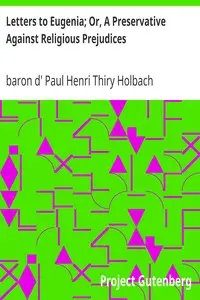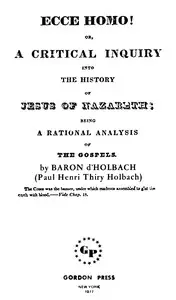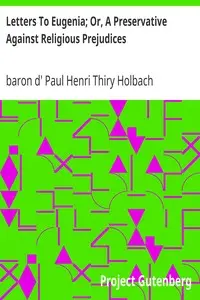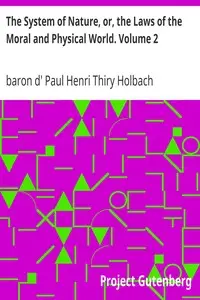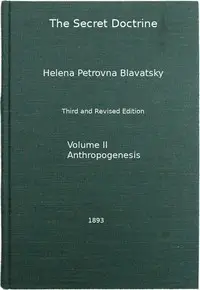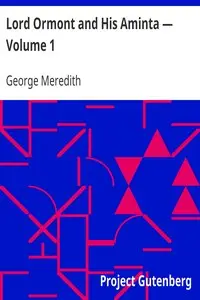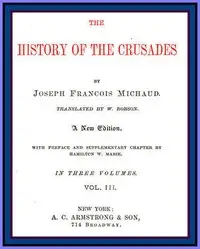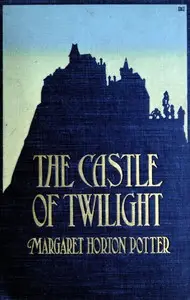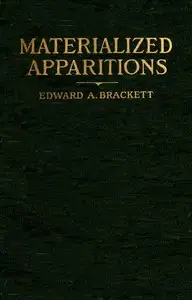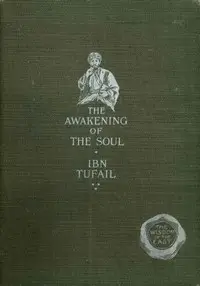"The System of Nature, or, the Laws of the Moral and Physical World. Volume 1" by Paul Henri Thiery (Baron d'Holbach) is a significant philosophical treatise written in the late 18th century. This publication stands as a foundational text in the discourse of atheistic materialism, presenting a systematic view of nature, morality, and human existence, emphasizing the inextricable connection between man and the natural world while advocating for a rational understanding that negates the existence of the supernatural. The opening of this work introduces Holbach's core beliefs regarding nature and humanity’s place within it. He argues that all beings are products of nature, subject to its immutable laws. Holbach contrasts the simplistic understandings of human existence shaped by mythology with a more profound comprehension drawn from observation and experience. He critiques humanity’s tendency to embrace irrational beliefs and calls for a return to reason, empirical inquiry, and the study of nature as the rightful basis for morality and happiness. Essential themes include the rejection of external deities and the importance of understanding human desires and actions through the lens of natural law rather than theological or mythical narratives. (This is an automatically generated summary.)
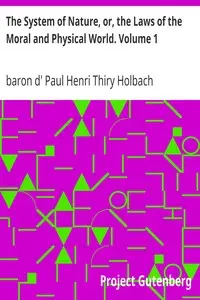
The System of Nature, or, the Laws of the Moral and Physical World. Volume 1
By Paul Henri Thiry Holbach
"The System of Nature, or, the Laws of the Moral and Physical World. Volume 1" by Paul Henri Thiery (Baron d'Holbach) is a significant philosophical t...
Paul-Henri Thiry, Baron d'Holbach, known as d'Holbach, was a Franco-German philosopher, encyclopedist and writer, who was a prominent figure in the French Enlightenment. He was born Paul Heinrich Dietrich in Edesheim, near Landau in the Rhenish Palatinate, but lived and worked mainly in Paris, where he kept a salon. He helped in the dissemination of "Protestant and especially German thought", particularly in the field of the sciences, but was best known for his atheism, and for his voluminous writings against religion, the most famous of them being The System of Nature (1770) and The Universal Morality (1776).

